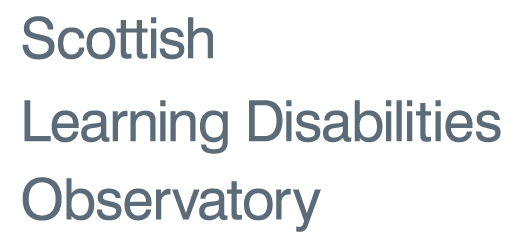In the whole population of Aberdeen City, 0.6% of people are known to have autism. The prevalence of autism in the 0-15 age group is 2.0%. This reflects availability of diagnostic services for autism, which have improved considerably over the last two decades.
Aberdeen City
Population size is 222,793
-
Choose
- Learning disabilities
- Autism
Population characteristics
Health
Households
Employment and education
Other topics
93%
were born in the UK
84.4%
are white and Scottish
89.1%
speak only English at home
Summary information
1,293 people are known to have autism; that's 0.6% of people
-
109 girls and 520 boys aged 0-15 are known to have autism, that is 0.7% of all girls and 3.14% of all boys aged 0-15
-
71 girls and 300 boys aged 16-24 are known to have autism, that is 0.4% of all girls and 1.7% of all boys aged 16-24
-
629 children and 664 adults are known to have autism
-
253 females and 1,040 males are known to have autism
-
36.0% of people known to have autism rate their health as very good, compared with 54.3% of all people; 2.7% of people known to have autism rate their health as very bad, compared with 0.9% of all people
-
24.7% of adults known to have autism have paid employment, compared with 63.4% of all adults; 10.5% of adults known to have autism are unemployed, compared with 4.2% of all adults
View other information
Explore
Choose People with learning disabilities data or People with Autism data
You may also choose topic or area
